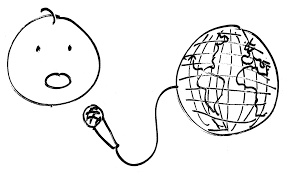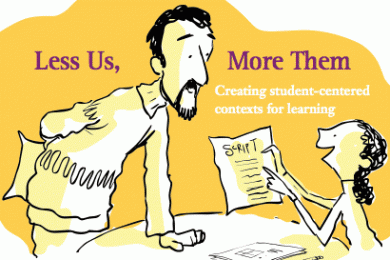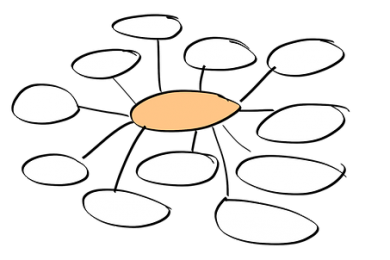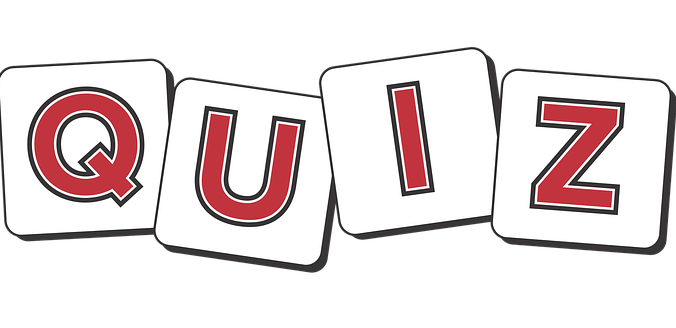I created a Google Quiz covering previously taught skills and strategies that could be used for retrieval practice and as a formative assessment. I envision kids taking the quiz as they arrive in the morning as part of bell work or during the first few minutes of math class.
The quiz revisits using the landmark of 10 to solve facts 1-20 and to “see” a problem in more than one way. Using that landmark of 10 in facts 1-20 is a critical foundation for solving more complex problems — kids need a lot of practice using “10” as a landmark in order for it to become an automatic process. Being able to see a problem in more than one way leads to more analytic and efficient problem-solving. This seemingly simple quiz would actually give me a lot of information. I’ll find out who’s got an understanding of decomposing numbers, algebraic equations (i.e. equals means same, not “the answer”), compensation, and place value. This data will help me adjust lessons and teaching practices to better meet the needs of all kids. I might find that I need to create a strategy group, meet just 1:1 about a particular skill, or use more manipulatives or number lines.
Here’s a screenshot of my quiz:

Here’s a screenshot of my results:
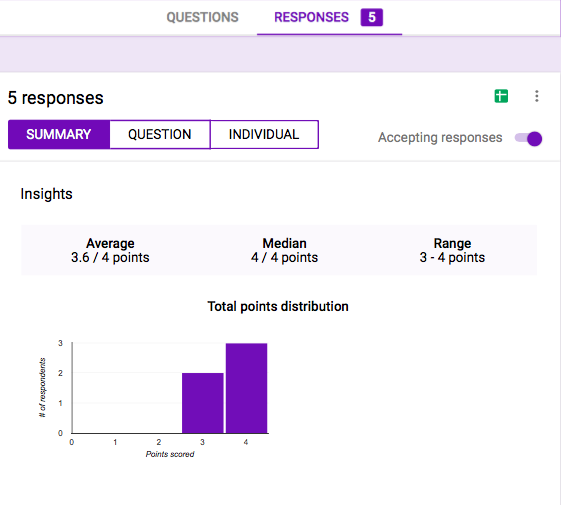
Overall, it looks like these 5 “students” understand the concepts and strategies. This is just one piece of my observation; I’ll also be looking for quiz results that reflect the way kids are solving problems in class – with greater efficiency and ability to articulate their thinking. For the student who missed an accuracy question, that’s puzzling, because if she truly understood the other problems, this wouldn’t be expected. Was it a typo? Does she need to proofread before submitting work? Or is she using a strategy i.e. counting up by ones to solve? I would probably go over the quiz with her and ask her to do a “think aloud,” explaining how she solved each problem. These kinds of practices are necessary for math. Kids need to build automaticity with known facts and be able to decompose quickly and confidently. I wouldn’t always build on the same problem with each quiz; this is just an example. But in the future, you can see how once kids have this kind of understanding, they’ll be able to solve problems like 29 + 6 by thinking 30 + 5 “in a snap”! OR they’ll be able to “see” 29 +6 as 20 + 10 + 5 which is also helpful when solving more complex operations down the road. It’s all just a matter of number sense.
Other Uses For Google Forms:
For my own use, I can use Google Forms to collect information from parents at the beginning of the year, or for an anonymous client-survey as part of my professional summative. I love the idea of using Google forms for lots of quick retrieval practices whether it be math facts, math strategies, spelling accountable words, recognizing correct spellings…just basic skills kinds of things that are low stakes, that don’t take a lot of time for me to create, but give me lots of ongoing data. I can also see using Google forms for pre-assessments of basic concepts in science that can inform my teaching…I can give the assessment again mid-way to monitor how students are progressing.
Another Fun Tool:
I’ve just gotten started with creating my own math games with Kahoot and can see lots of possibilities for review, retrieval practice, formative assessments, and teamwork in any subject area. This kind of tool amps up the energy and gets kids talking about their thinking, which lets me listen in for accuracies and misconceptions, all while probably sharing some laughs along the way.

